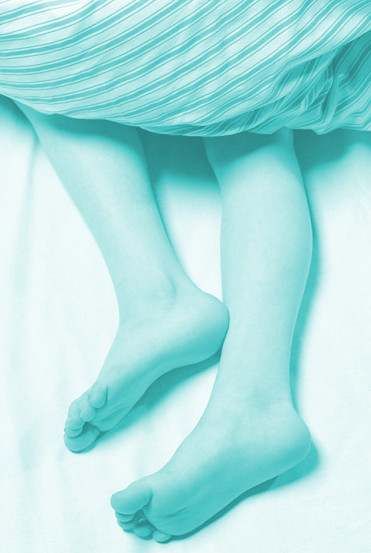Sleep issues cost big
 New research reveals the alarming impact of sleep disorders on the productivity of young Australian workers.
New research reveals the alarming impact of sleep disorders on the productivity of young Australian workers.
The study, based on data from the West Australian longitudinal Raine Study Generation 2 cohort, which included 554 workers aged 22, found that as many as one in five young Australians suffer from sleep disorders, leading to daytime drowsiness, mental health issues, and even road accidents.
The study specifically highlighted insomnia as the primary cause of workplace productivity losses among young adults.
It showed that 22-year-olds with clinical sleep disorders experienced up to 40 per cent greater total productivity loss compared to their peers without sleep disorders.
Over the course of 12 months, this translated to around four weeks of productivity loss for individuals with significant sleep disorders, compared to less than one week for those without.
“The take home message is just how prevalent sleep disorders are in young adults, and that these disorders are having an impact on our young adults and their workplaces,” said Associate Professor Amy Reynolds, who led the study.
The productivity loss observed in the study was largely driven by a phenomenon known as “presenteeism”, where individuals are physically present at work but fail to perform at their full potential.
Recognising the significance of managing sleep disorders, the Flinders Health and Medical Research Institute Sleep Research group says it is prioritising support for affected individuals.
Professor Robert Adams and his team are working to provide general practitioners in primary care with access to evidence-based care and resources for sleep disorders across all sectors of the population.
One of their initiatives is the Australian Management of Sleep Apnea and Insomnia in Primary Care (MOSIP) trial, aimed at empowering GPs to manage two of the most common sleep disorders: insomnia and obstructive sleep apnea (OSA).
By facilitating access to cognitive behavioural therapy for insomnia (CBTi) for young individuals, the trial seeks to reduce reliance on sleeping tablets or other interventions that may not address the underlying long-term sleep problems.
It is estimated that more than 4 million Australians suffer from insomnia and OSA, resulting in an annual cost of at least $66 billion.
The MOSIP trial, along with the Flinders University study, sheds light on the urgent need to address sleep disorders among young workers and develop effective strategies to improve their well-being and workplace productivity.








 Print
Print